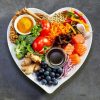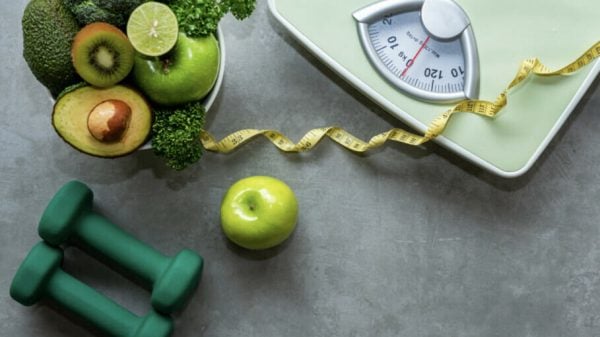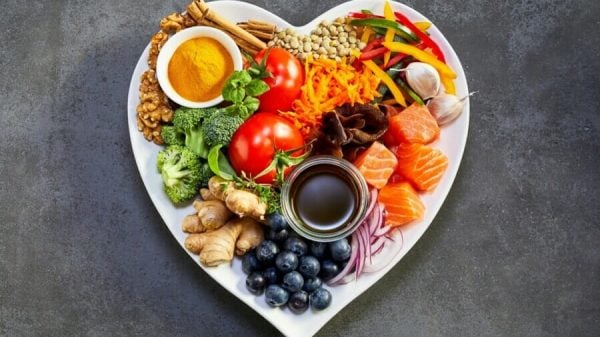Have you ever considered how being reliant on a certain type of food can lead to an increase in weight? Indeed, contemplate this for a moment, and you will realize that there is one specific food item that can jeopardize both your well-being and weight management journey. Therefore, in today’s discussion, let us delve into the concept of food dependency and its potential role as a hindrance in achieving weight loss goals.
While it may seem amusing, the reality is far from it. Many of us are reluctant to acknowledge our diverse dependencies. We question how food can be considered addictive. Yet, the truth remains that our weight gain can often be traced back to our reliance on certain foods. Numerous individuals are actively striving to shed extra pounds but struggle to let go of particular unhealthy or, in some instances, even healthy food options. Let us explore how food dependency interferes with our lives.
Is Food Dependency the Culprit Behind Your Weight Increase?
Different food items are known to influence the brain uniquely, with some, like unhealthy junk food, potentially leading to food dependency.
What Constitutes Food Dependency?
We are familiar with how individuals addicted to drugs are reliant on specific substances and struggle to function without them. Similarly, it is intriguing to note that a person can develop an addiction to junk food. Research indicates that there are striking similarities in symptoms between food dependency, binge eating disorder, compulsive overeating, and bulimia.
This form of dependency operates akin to the addiction seen with banned substances. Junk food, as well as certain items categorized as healthy, possess significant control over particular brain regions. This influence involves neurotransmitters present in the brain, such as dopamine, which effectively hijacks the brain’s biochemistry and leads individuals to become reliant on these products.
Indicators of Food Dependency
- If even after consuming a nutritious meal, you consistently experience cravings for specific foods despite feeling full.
- You exceed your planned food intake due to your fondness for a particular item.
- You overeat to satisfy your cravings, disregarding your sense of fullness.
- You consume the same food despite previously feeling guilty about indulging in it.
- You rationalize in your mind why you should indulge in a craving at a specific moment.
- You struggle to eliminate or regulate your consumption of certain foods, often covertly consuming them to avoid detection.
- Despite knowing the adverse effects, such as weight gain, you are unable to resist consuming your desired food.
The Gravity of Food Dependency as an Issue
Food dependency is recognized for contributing to various health issues like…
- Heart ailments
- Excessive weight
- Type 2 diabetes
- Cancer
- Arthritis
- Alzheimer’s disease
- Depression
In addition to the aforementioned health concerns, it also has a detrimental impact on self-esteem, leading to discontentment.
Can You Conquer Food Dependency?
The crucial question here is whether you can break free from the addictive foods that are detrimental to your well-being. I believe that you can, but it necessitates a conscious effort. Start by listing the advantages and disadvantages of relinquishing the food you are addicted to on paper. This exercise will facilitate your decision-making process to overcome your dependency. (Admittedly, easier said than done.)
Once you have committed to abstaining from a specific food item, prepare yourself and set a target date to commence your plan.
During your preparation phase, identify the trigger foods you crave and make a concerted effort to avoid them.
Compile a list of eateries that serve nutritious meals to assist you in making healthier choices.
Determine alternative healthy foods that can substitute the items you typically crave.
Lastly, designate a day after which you will completely eliminate the addictive foods from your diet.
Remember, setbacks may occur, but persistence is key. Should all your attempts to conquer your dependency prove futile, do not hesitate to seek professional guidance from a psychologist or psychiatrist.
Personally, I struggle with cravings for sugary treats, and I am progressively reducing my intake by skipping dinner to balance my calorie consumption. I have limited my dessert portions after meals to just a couple of spoons, which has yielded positive results even though it demands considerable effort. Take proactive steps to address your food dependency rather than ignoring it.
Embrace a healthy and contented existence, as that is essential for overall well-being. Here’s to your good health!










